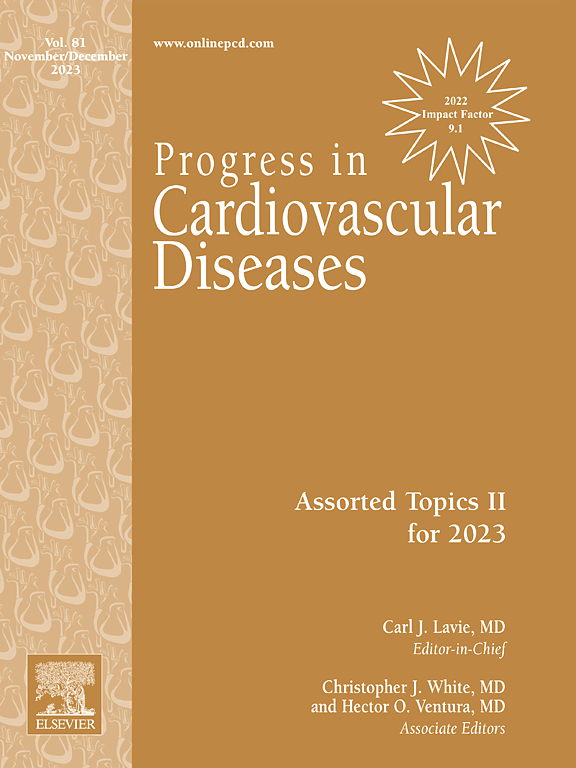解决成人冠心病患者睡眠时间不足干预措施的社会生态学观点
IF 7.6
2区 医学
Q1 CARDIAC & CARDIOVASCULAR SYSTEMS
引用次数: 0
摘要
背景:短睡眠时间(目的:回顾观察性和实验性研究,这些研究已经测试了干预措施,以解决各种临床表现(睡眠障碍,行为诱发的短睡眠,缺乏睡眠机会)的短睡眠问题,并描述了冠心病人群需要考虑的因素。结论:现有的干预措施很少以增加睡眠不足患者的睡眠时间为主要目的,也没有专门针对已确诊冠心病患者的干预措施。短睡眠时间可以通过治疗失眠、行为性睡眠延长以及医疗保健设置、工作场所政策和社区的系统级改变来改变。随着对不同短睡眠表型干预措施的进一步研究,同时评估长期心脏代谢结果、患者偏好和作用机制,睡眠健康可能成为冠心病二级预防的重要组成部分。本文章由计算机程序翻译,如有差异,请以英文原文为准。
A social ecological perspective on interventions to address short sleep duration in adults with coronary heart disease
Background
Short sleep duration (<7 h/day) affects one-third of the population, is implicated in morbidity and mortality from coronary heart disease (CHD), and is driven by an interplay of individual, social, and societal factors.
Objective
To review observational and experimental studies that have tested interventions to address short sleep in various clinical presentations (sleep disorders, behaviorally induced short sleep, lack of sleep opportunity) and describe considerations needed for CHD populations.
Conclusions
Few existing interventions have a primary aim to increase sleep duration in individuals with insufficient sleep, and none specifically target individuals with established CHD. Short sleep duration may be modifiable via treatment of insomnia, behavioral sleep extension, and system-level changes to healthcare settings, workplace policies, and communities. With further research on interventions that address diverse phenotypes of short sleep—while assessing long-term cardiometabolic outcomes, patient preferences, and mechanisms-of-action—sleep health could become an important component of CHD secondary prevention.
求助全文
通过发布文献求助,成功后即可免费获取论文全文。
去求助
来源期刊

Progress in cardiovascular diseases
医学-心血管系统
CiteScore
10.90
自引率
6.60%
发文量
98
审稿时长
7 days
期刊介绍:
Progress in Cardiovascular Diseases provides comprehensive coverage of a single topic related to heart and circulatory disorders in each issue. Some issues include special articles, definitive reviews that capture the state of the art in the management of particular clinical problems in cardiology.
 求助内容:
求助内容: 应助结果提醒方式:
应助结果提醒方式:


